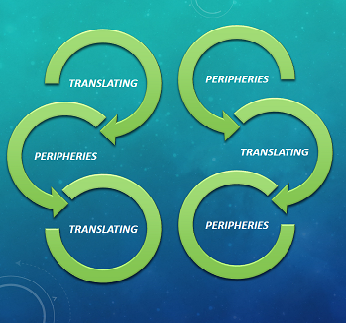Pseudo-translation as a Subset of the Literary System: a Case Study
DOI:
https://doi.org/10.21992/T9ZS7JKeywords:
Pseudo-translation, concealed translation, patronage, peritext, epitextAbstract
Abstract Persian literature is replete with pseudo-translations to the extent that if one tried to compile a complete bibliography, it would turn into an unwieldy book. Most Persian pseudo-translations belong to Iranian political literature (Okhovat, 2006). As could be guessed, identifying pseudo-translations is not a simple task as their authors want readers to believe in the ‘translationness’ of these works for various reasons. One of the most famous Iranian pieces of pseudo-translations, whose original writer has recently claimed its authorship, is the famous (in Iran) Letter of Charlie Chaplin to his daughter Geraldine. The present article examines diverse aspects of this text, including its political, historical, cultural, and literary milieu of production, and provides a critical discourse analysis of this text and highlights the original author’s ideological stance as it is embedded in this purported foreign letter. The article concludes by surmising the reasons why this famous work was published as a translation, and how it is, that the original writer has claimed authorship after more than 30 years.Downloads
Downloads
Published
Issue
Section
License
Authors who publish with this journal agree to the following terms: a.Authors retain copyright and grant the journal right of first publication with the work simultaneously licensed under a Creative Commons Attribution License that allows others to share the work with an acknowledgement of the work's authorship and initial publication in this journal. b.Authors are able to enter into separate, additional contractual arrangements for the non-exclusive distribution of the journal's published version of the work (e.g., post it to an institutional repository or publish it in a book), with an acknowledgement of its initial publication in this journal. c.Authors are permitted and encouraged to post their work online (e.g., in institutional repositories or on their website) prior to and during the submission process, as it can lead to productive exchanges, as well as earlier and greater citation of published work (See The Effect of Open Access).



